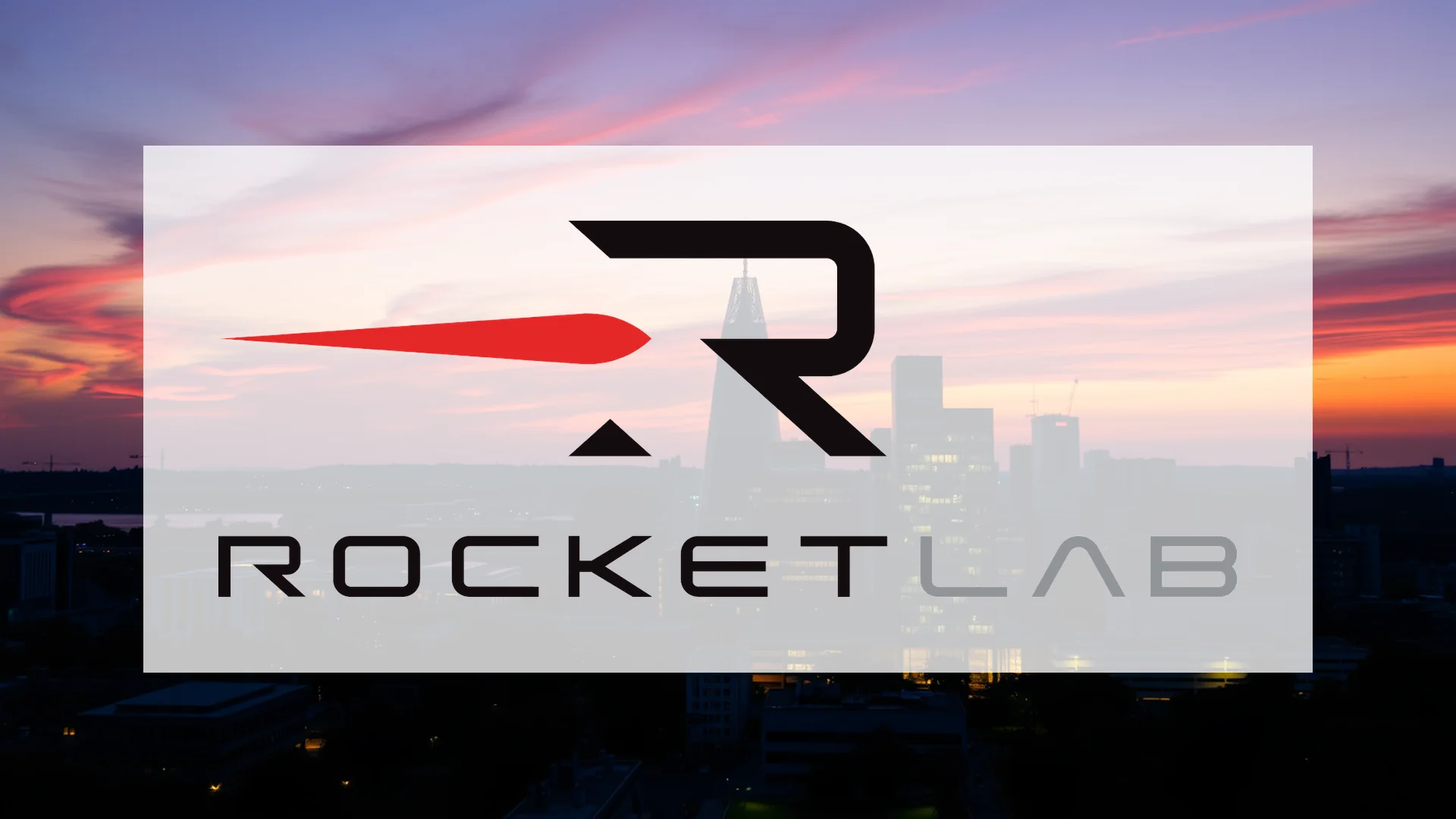Investors in Rocket Lab USA are grappling with mixed signals as impressive quarterly financial results clash with significant project delays. The space technology company recently reported record-breaking revenue figures, yet its stock value has entered a pronounced downward trend following the announcement that its Neutron rocket program faces substantial scheduling changes.
Market Reaction Overshadows Financial Performance
The divergence between operational success and market performance became starkly evident in recent trading sessions. Rocket Lab shares declined approximately 5% on Monday, extending losses that began after the company’s November 10 quarterly presentation. Cumulatively, the stock has surrendered nearly 20% of its value within a single week—a surprising development given the company’s solid financial metrics.
For the third quarter, Rocket Lab achieved record revenue of $155 million, representing substantial 48% year-over-year growth. The company also outperformed analyst expectations regarding profitability, reporting a loss per share of just $0.03 compared to the projected $0.05. Looking ahead, management provided fourth-quarter revenue guidance between $170 million and $180 million, indicating continued business expansion.
Despite these positive indicators, investor sentiment remains decidedly negative, primarily driven by developments surrounding the company’s next-generation Neutron rocket.
Neutron Delay Threatens Growth Trajectory
The center of investor concern revolves around Rocket Lab’s announcement that the inaugural launch of its Neutron rocket, previously scheduled for late 2025, has been postponed indefinitely to 2026. Chief Executive Officer Peter Beck explained that the decision prioritizes safety, quality, and reliability standards. However, market participants appear unconvinced by this justification.
Should investors sell immediately? Or is it worth buying Rocket Lab USA?
The Neutron program represents a crucial component of Rocket Lab’s strategic growth initiative. This medium-lift, partially reusable launch vehicle is designed to deploy satellite megaconstellations, fulfill national security contracts, and potentially support interplanetary missions. Through this platform, Rocket Lab aims to compete directly with SpaceX’s established Falcon 9 system.
Key implications of the Neutron delay include:
- The rocket is considered essential for achieving significantly higher launch frequency and revenue generation
- Market experts view the initial launch as a critical milestone toward sustainable profitability
- Excluding Neutron development expenses, Rocket Lab would have reported positive adjusted EBITDA in the third quarter
- The revised timeline postpones anticipated revenue from previously secured launch contracts
Management Maintains Optimism Amid Uncertainty
Company leadership has attempted to reassure stakeholders by confirming that the Neutron rocket should arrive at its Virginia launch facility during the first quarter of 2026. Following necessary qualification procedures and testing protocols, the maiden flight would then proceed. Rocket Lab emphasized that no customers have canceled launch agreements as a result of the schedule adjustment.
Financial analysts currently maintain a “Moderate Buy” consensus rating on Rocket Lab shares, though many are calling for enhanced transparency regarding Neutron’s development progress. The next opportunity for comprehensive updates will arrive in late February 2026 with the release of fourth-quarter 2025 financial results. Until then, investors must determine whether this setback represents a temporary obstacle or the beginning of more fundamental challenges for the ambitious space company.
Ad
Rocket Lab USA Stock: Buy or Sell?! New Rocket Lab USA Analysis from February 7 delivers the answer:
The latest Rocket Lab USA figures speak for themselves: Urgent action needed for Rocket Lab USA investors. Is it worth buying or should you sell? Find out what to do now in the current free analysis from February 7.
Rocket Lab USA: Buy or sell? Read more here...











